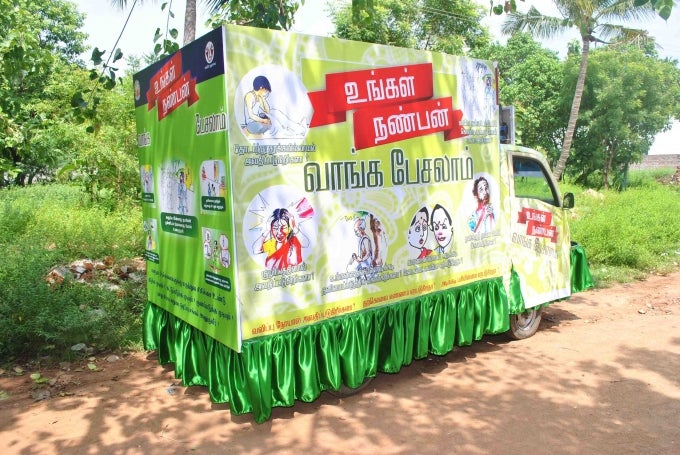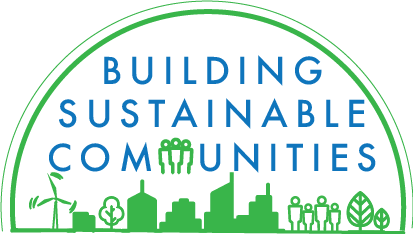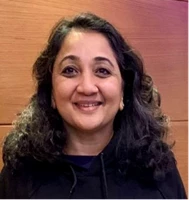
April 7 marked the 70th anniversary of World Health Day. This was an opportunity for the global community to redouble its efforts to ensure that all people can improve their health, including their mental health.
When his father died, Gopi, a carpenter in rural Tamil Nadu, India was overwhelmed by an enormous mental and financial burden.
Gopi became depressed, left his job, and isolated himself.
As his condition worsened, Gopi’s two younger sisters dropped out from high school to take on farming jobs to support the family.
However, thanks to medicine, counseling, and livelihood support from the Mental Health Program (TNMHP), Gopi eventually rehabilitated himself and got back to carpentry a year later.
With time, he even took out a Rs. 20,000 loan to start his own carpentry business.
Gopi’s experience—and many others’—illustrate how mental health is integral to well-being.
The World Bank recognizes mental health as a key challenge to sustainable development.
A report on the economic burden of mental illness argues that depression and anxiety disorders cost the world nearly $1 trillion annually . Conversely, every dollar invested in mental health contributes $4 to the economy .
Accordingly, the World Bank-supported the Mental Health Program in the state of Tamil Nadu, India that incorporates best practices in mental health from around the world.
The project is an important instrument in addressing the magnitude of India’s mental health challenges, and provides a successful model for the implementation of the national mental health policy and improve mental health infrastructure and care in Indian states.
By closely involving the community, the project reduced stigma and prejudice attached to mental illness and empowered vulnerable people with mental disabilities to gain respect in their communities.
People with mental disabilities are diagnosed and treated and provided livelihood support through vocational training, self-help groups, job cards, and identity cards to access social benefits.
Such services have made a difference in the lives of two brothers Thiru and Natraj, who have been living with a mental disability since birth.
Because of their disability, Thiru and Natraj, along with their parents, were treated as “sinners” by the community and isolated from all social events.
Ignorance and social stigma also drove their parents to spend their savings on ineffective black magic treatments practiced by local healers as well as local temple priests.
The parents noted how villagers treated them and their sons differently after they attended the awareness campaign.
The couple also received regular counseling and medical support for their sons, Rs. 8000 to buy three goats, and a job card under the National Rural Employment Guarantee Act (NREGA) which guaranteed predictable income.
One year later, the number of goats increased to six and the parent’s economic burden lessened, allowing them to dedicate more time to their sons and their work.
The recent World Health Day was a welcome reminder that more countries need support to address the mental health and well-being of their citizens and access adequate resources to respond to them.
Related links:
- Subscribe to our Sustainable Communities newsletter and Flipboard magazine
- Follow @WBG_Cities on Twitter




Join the Conversation